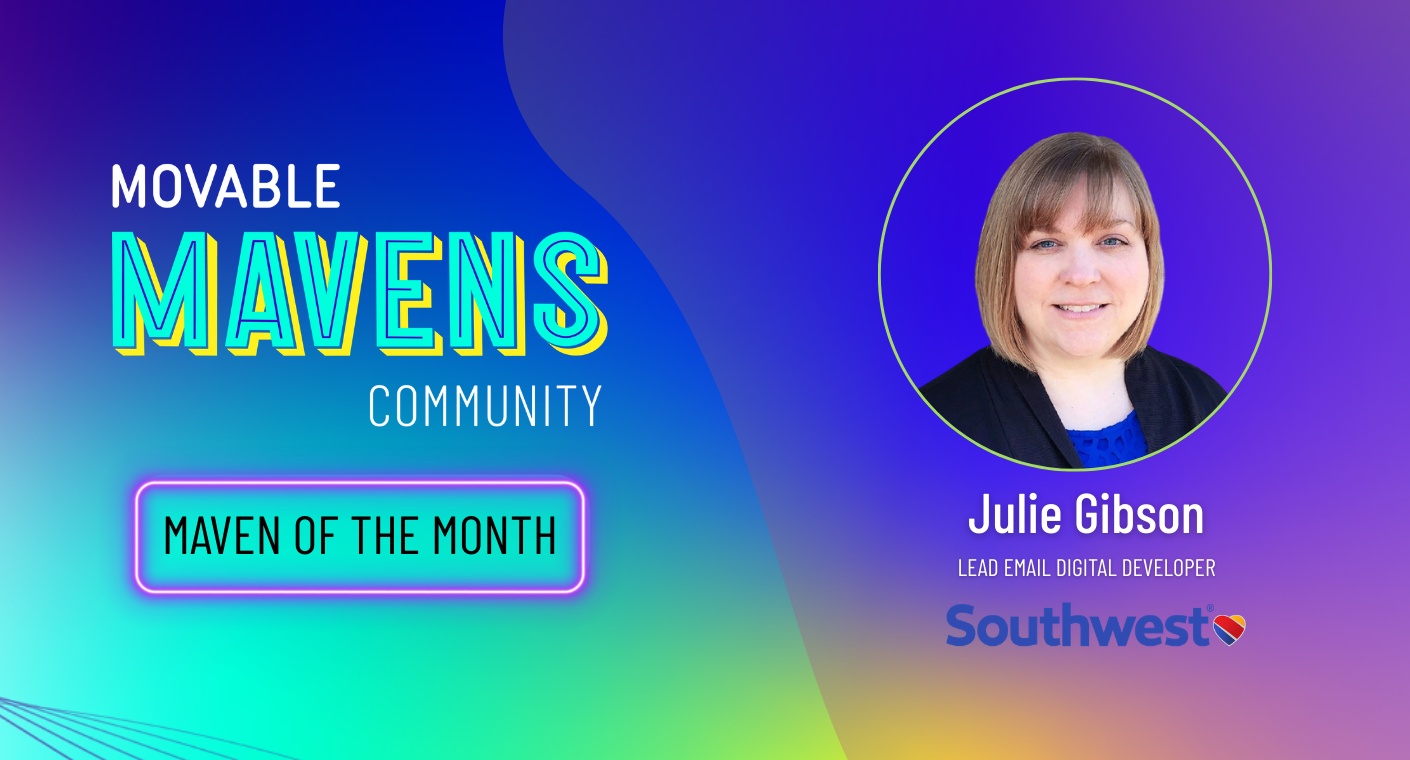Cultivating customer loyalty has always been a key component of a retail marketer’s playbook. Reasonably so, as the numbers don’t lie: brands that are able to successfully accomplish this goal see 306% higher lifetime value among loyal customers, reporting higher revenue and repeat purchases—even after a less than optimal brand experience. However, loyalty has been more challenging to build in the current macroeconomic climate. Let’s take a look at headwinds retailers are facing.
Brand Switching on the Rise
Customers are less loyal than ever before. I found this to be the case when reviewing feedback from focus groups while building a loyalty program for a national retailer two years ago. More recent data shows that 71% of consumers say they switched brands at least once in 2022. There are a number of macroeconomic factors that have contributed to increased customer fluidity, ultimately combining to cause a ‘perfect storm’ for retailers:
- The pandemic restrictions, shortages and the shift to digital prompted customers to try different brands. Consumer behavior evolved, as consumers shifted from purchasing based on brand affinity to product availability, irrespective of brand.
- Supply chains were turned upside down turning the pandemic, and the fallout tied to prolonged out-of-stock merchandise persists today. In the past three months alone, over 80% of consumers have bought from a new brand because the products they wanted were out of stock.
- Proliferation of choice is more prominent now because of the shift to digital that resulted during the pandemic. As a result, customers can find the same product, or a very similar one, elsewhere.
- Inflation has been looming overhead over the past year, forcing some consumers to trade down instead of purchasing from preferred brands in an effort to save money.
Rising Costs of Customer Acquisition
The cost of acquiring new shoppers has gone up in recent years, which further validates the need to prioritize retaining and growing existing customers. In 2013, advertisers spent an average of ~$9 to acquire each customer; this has increased to ~$86 per customer across industries for e-commerce businesses.

The Loyalty Antidote
While retaining customers may be more challenging than ever, retailers that prioritize building brand loyalty through consistent personalized experiences will ultimately win out amongst their competitors.
How can retail marketers foster lasting brand evangelism that hinges on an emotional connection? It boils down to five tactics:
- Effective onboarding
- Consistent, bite-size reminders
- Highlighting innovative earn and burn mechanisms
- Pairing short-term loyalty wins with long-term relationship drivers
- Infusing personalization into every touchpoint
Optimizing the Loyalty Lifecycle
To leverage all five brand advocacy tactics, see how they can be applied to the loyalty lifecycle in these practical examples:
Post Acquisition
Best-in-class brands activate growth and loyalty strategies immediately after a customer opts into an email marketing program or makes a first purchase.

Here, a footwear brand is hosting a dynamic banner with clear tasks that are personalized to the customer’s stage in the loyalty journey. If it’s a new customer, their next task is to join the loyalty program; for returning customers, they can validate their account or log into their dashboard to snag benefits and free shipping.
Hit the ground running by driving loyalty from the very first send using personalized, updatable messaging.
Onboarding
As the loyalty landscape has matured, consumers are participating in more loyalty programs than ever, making it easy to forget the value to be gained from each program. It’s key for retailers to set the stage for a lasting customer-brand relationship by consistently educating consumers about their program—and how they can get more out of it.


Take this dynamic banner from Barnes & Noble for example. The bookshop brand created a rotating benefits banner for their premium members to remind them of benefits available. Using time-targeting, they were able to display a new option every day of the week, such as free shipping, free food or beverage from the in-store cafe, or exclusive deals.
Retention
After customers are fully onboarded, retailers enter the long game of retention. At this stage, effectively communicating program drivers—such as innovative earn and burn options—will help ensure that customers remain regular participants of your program.

By adding an animated progress bar to their campaign, At Home saw major success in driving customers to reach VIP status. Data visualization tactics like this are a simple but effective way to drive customers to the next milestone, whether that’s by offering an in-store reward or a higher loyalty tier.

Combine personalized recommendations with redemption options to show customers the enticing ways they can access their rewards. Here, a brand used their site API to send personalized product suggestions based on the customer’s balance, spend affinity, and trending redemptions.
Winback
No matter how successful your loyalty program is, the need for a winback strategy is inevitable. Whether your customer is at risk or lapsed, marketing messaging that nudges them in the right direction is sure to re-engage them.

Year-in-Review campaigns are one of the best ways to drive home unique brand value and reinforce loyalty.
In this campaign, New York Road Runners won the loyalty race by sending their marathon participants a rundown of their personalized stats. This included runs completed, miles raced, and distances ran, along with race locations displayed in a map of New York City.
Loyalty Love Loading
These are a few of the many ways retailers can build loyalty by making each step of the customer journey feel more human and intentional through personalization. It’s the combined effect of these thoughtful nudges over time that can help customers feel more connected to your brand.





.png)


